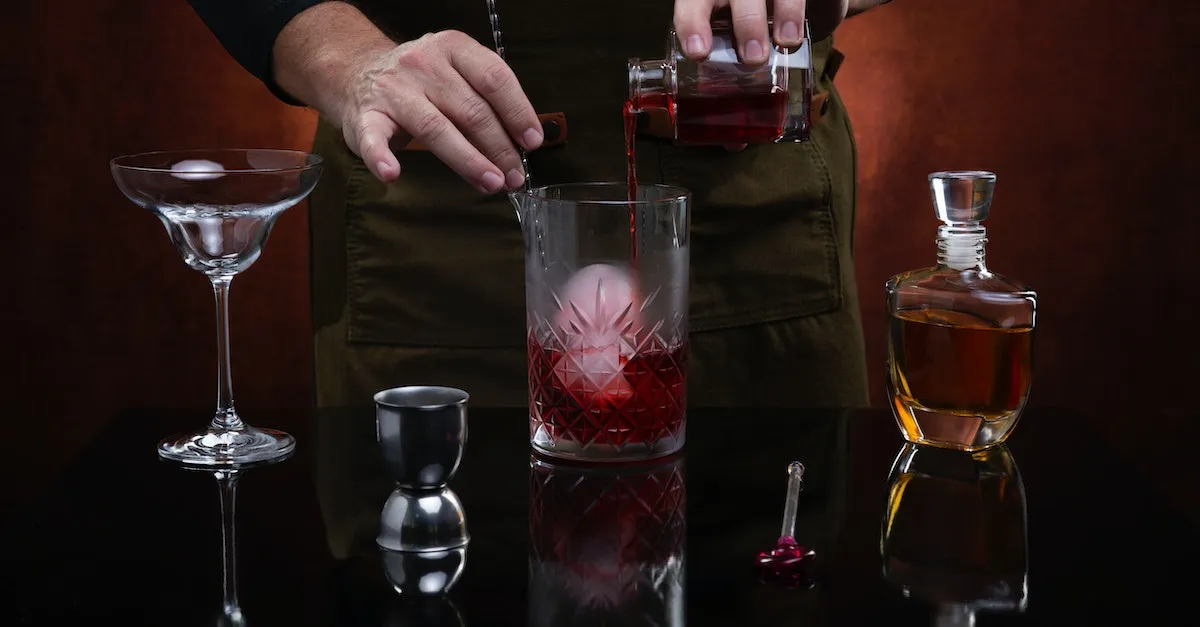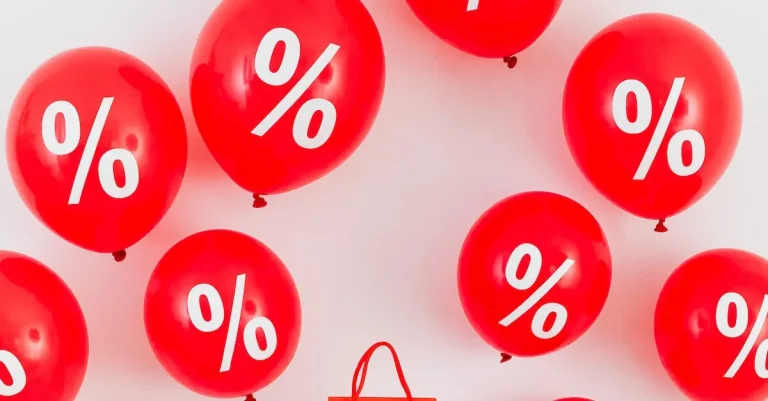Is Moonshine Illegal In Texas? Home Distilling Laws Explained
Moonshine conjures images of bootleggers and Appalachian backwoods stills. But is it legal to distill your own liquor at home in the Lone Star State? This guide covers Texas statutes on unlicensed distilling and moonshine, penalties for illegal production, and how to ensure your homebrewing hobby stays above board.
If you’re short on time, here’s a quick summary: Distilling any amount of liquor without a permit is illegal in Texas. Penalties range from confiscation to felony charges. However, home beer and wine brewing for personal use is allowed with some restrictions.
Texas Law on Distilling Spirits at Home
When it comes to distilling spirits at home, Texas has strict laws in place to regulate the production of alcohol. It is important to understand these laws to avoid any legal consequences. Here is an overview of the key aspects of the Texas law on home distilling:
Statutes Prohibiting Unlicensed Distilling
In Texas, it is illegal to distill spirits at home without obtaining the necessary licenses and permits. The Texas Alcoholic Beverage Commission (TABC) strictly regulates the production and distribution of alcoholic beverages in the state.
According to the TABC, individuals must hold a Distiller’s Permit issued by the commission to legally produce distilled spirits.
It is worth noting that the TABC also regulates the sale and distribution of spirits, so even if you have a Distiller’s Permit, there are additional requirements to legally sell your homemade spirits.
Furthermore, it is important to be aware that federal laws also prohibit the production of distilled spirits for personal use. The Federal Alcohol Administration Act states that individuals may not produce spirits for beverage purposes without a federal permit.
Consequences of Violating Moonshine Laws
Violating the Texas laws on home distilling can have serious legal consequences. Individuals caught distilling spirits without the required permits may face criminal charges and penalties.
According to the Texas Penal Code, the illegal manufacture or possession of distilled spirits is considered a felony offense. Convictions for this offense can result in substantial fines and imprisonment.
Additionally, individuals may also face civil penalties and forfeiture of any equipment or materials used in the illegal distillation process.
If you are unsure about the legality of distilling spirits at home, it is always best to consult with a legal professional or contact the TABC for guidance. They can provide you with the most up-to-date information and help ensure that you are in compliance with the law.
For more information on the Texas laws regarding home distilling, you can visit the official website of the Texas Alcoholic Beverage Commission: https://www.tabc.texas.gov/.
Exceptions for Legal Homebrews
While moonshine may be illegal in Texas, there are some exceptions when it comes to home distilling. These exceptions allow individuals to legally brew their own beer and make their own wine for personal use. Let’s take a closer look at these exceptions:
Personal Beer Brewing
In Texas, it is legal for individuals to brew their own beer at home for personal consumption. This is a great opportunity for beer enthusiasts to experiment with different flavors and brewing techniques. However, there are some limitations to keep in mind.
Homebrewers are not allowed to sell their beer or distribute it to others. The beer must be made for personal use only.
Additionally, there are limits on the amount of beer that can be produced. According to the Texas Alcoholic Beverage Commission, an individual can brew up to 200 gallons of beer per year if there are two or more people of legal drinking age residing in the household.
If there is only one person of legal drinking age, the limit is reduced to 100 gallons per year. These limits ensure that homebrewing remains a hobby and does not turn into a commercial operation.
Winemaking for Personal Use
Similar to homebrewing, individuals in Texas are allowed to make their own wine for personal consumption. This provides wine enthusiasts with the opportunity to create their own unique blends and flavors. However, just like with beer brewing, there are restrictions in place.
The Texas Alcoholic Beverage Commission states that individuals can produce up to 200 gallons of wine per year if there are two or more people of legal drinking age residing in the household. For households with only one person of legal drinking age, the limit is reduced to 100 gallons per year.
It is important to note that the wine must be made from fruits or other agricultural products, and it cannot be fortified with spirits.
It’s worth mentioning that although homebrewing and winemaking are legal for personal use in Texas, it is still important to follow the proper guidelines and regulations set by the Texas Alcoholic Beverage Commission.
This ensures that the brewing and winemaking processes are carried out safely and responsibly.
For more information on the homebrewing and winemaking regulations in Texas, you can visit the official website of the Texas Alcoholic Beverage Commission at https://www.tabc.texas.gov/.
How Other Southern States Regulate Moonshine
Georgia
When it comes to moonshine regulation, Georgia has taken a slightly different approach compared to Texas. In Georgia, it is illegal to produce moonshine without a proper license. However, unlike Texas, Georgia has created a legal framework for distilleries to operate.
This means that individuals can legally produce moonshine as long as they obtain the necessary permits and follow the state’s regulations. The Georgia Department of Revenue is responsible for overseeing the licensing and regulation of distilleries in the state.
Louisiana
In Louisiana, the laws surrounding moonshine are also quite strict. The production and sale of moonshine without the proper permits and licenses are illegal. The Louisiana Office of Alcohol and Tobacco Control is responsible for regulating the production and sale of alcoholic beverages, including moonshine.
They enforce strict guidelines to ensure that moonshine production is done safely and within the confines of the law. Individuals interested in producing moonshine in Louisiana must go through the proper channels to obtain the necessary licenses.
Arkansas
Similar to Texas, Arkansas has strict laws regarding moonshine production. The state prohibits the production, sale, and distribution of moonshine without the appropriate licenses and permits. The Arkansas Alcoholic Beverage Control Division is in charge of regulating the production and sale of alcoholic beverages, including moonshine.
They work to ensure that moonshine production is conducted safely and legally. Those interested in producing moonshine in Arkansas must adhere to the state’s regulations and obtain the necessary permits.
It’s important to note that moonshine laws can vary significantly from state to state. While Texas may have more lenient regulations when it comes to home distilling, other southern states like Georgia, Louisiana, and Arkansas take a more stringent approach.
It is always advisable to research and understand the specific laws and regulations in your state before engaging in any moonshine production activities.
Ensuring Your Home Brewing Stays Legal
Home brewing has gained popularity in recent years, allowing enthusiasts to create their own unique flavors and experiment with different ingredients. However, it’s important to understand and abide by the laws and regulations surrounding home brewing to ensure you stay on the right side of the law.
Here are a few key considerations to keep in mind when brewing your own beverages at home.
Limit Alcohol Content
One of the most important aspects of home brewing is understanding and adhering to the legal limits on alcohol content. In Texas, the law stipulates that homemade alcoholic beverages must not exceed an alcohol content of 14%.
Exceeding this limit can result in serious legal consequences, including fines and even imprisonment. Therefore, it’s crucial to monitor the alcohol content of your brews using a hydrometer or other measuring devices to ensure compliance with the law.
It’s also worth noting that the Alcohol and Tobacco Tax and Trade Bureau (TTB) provides detailed guidelines and resources for home brewers. These resources can help you navigate the legal requirements and provide valuable information on labeling, record-keeping, and other important aspects of home brewing.
You can find more information on their official website here.
Don’t Sell Your Brews
While home brewing is legal in Texas, it’s important to remember that selling your homemade brews without the necessary permits and licenses is illegal. The sale of alcoholic beverages is heavily regulated, and operating without the proper licenses can result in severe penalties.
If you’re considering selling your brews, it’s advisable to consult with local authorities or a legal professional to ensure you comply with all applicable laws and obtain the necessary permits.
However, it’s important to note that sharing your homemade beverages with friends and family is generally allowed, as long as it’s done on a non-commercial basis. Hosting tastings or gatherings where you share your creations can be a great way to showcase your skills as a home brewer and receive valuable feedback without running afoul of the law.
Remember, the laws surrounding home brewing can vary from state to state, so it’s always a good idea to familiarize yourself with the specific regulations in your area. By staying informed and following the rules, you can enjoy the art of home brewing while staying on the right side of the law.
Conclusion
While home distilling is prohibited without a permit, Texas law allows brewing beer and wine in small batches for personal use. Understanding these statutes allows homebrewing enthusiasts to enjoy craft beverages legally and safely.








